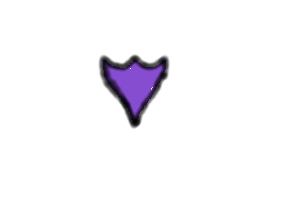Export opaque and transparent geometry data for png
Posted: 2018-03-01T07:40:01-07:00
Hello all you happy people.
I'm trying to enable front to back rendering on my webgl game engine. But I need two separate sets of geometry data associated with each sprite. Right now the best I can do is one geometry containing everything. But overdraw really kills browser performance, especially on mobile devices.
The issue and solution is detailed here:
https://community.arm.com/graphics/b/bl ... -opengl-es
I've looked through the ImageMagic command line options related to working with geometry, but I couldn't find anything that fits what I'm trying to do. So my question is, can Image Magic do this? Did I miss something noted somewhere detailing how to get both sets of data? And if it can, can someone give me some help setting up a basic export example? f.ex like the one with the shield illustrated in the link I listed above.
Thanks a bunch to anyone taking the time to read this, and potentially helping me figure out a way to make my games run better. Cheers!
I'm trying to enable front to back rendering on my webgl game engine. But I need two separate sets of geometry data associated with each sprite. Right now the best I can do is one geometry containing everything. But overdraw really kills browser performance, especially on mobile devices.
The issue and solution is detailed here:
https://community.arm.com/graphics/b/bl ... -opengl-es
I've looked through the ImageMagic command line options related to working with geometry, but I couldn't find anything that fits what I'm trying to do. So my question is, can Image Magic do this? Did I miss something noted somewhere detailing how to get both sets of data? And if it can, can someone give me some help setting up a basic export example? f.ex like the one with the shield illustrated in the link I listed above.
Thanks a bunch to anyone taking the time to read this, and potentially helping me figure out a way to make my games run better. Cheers!


